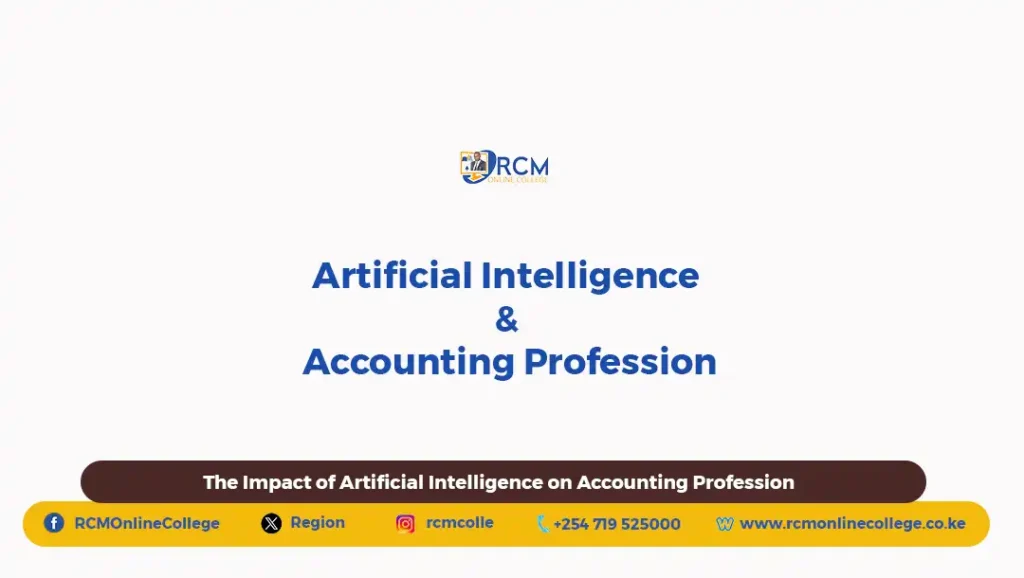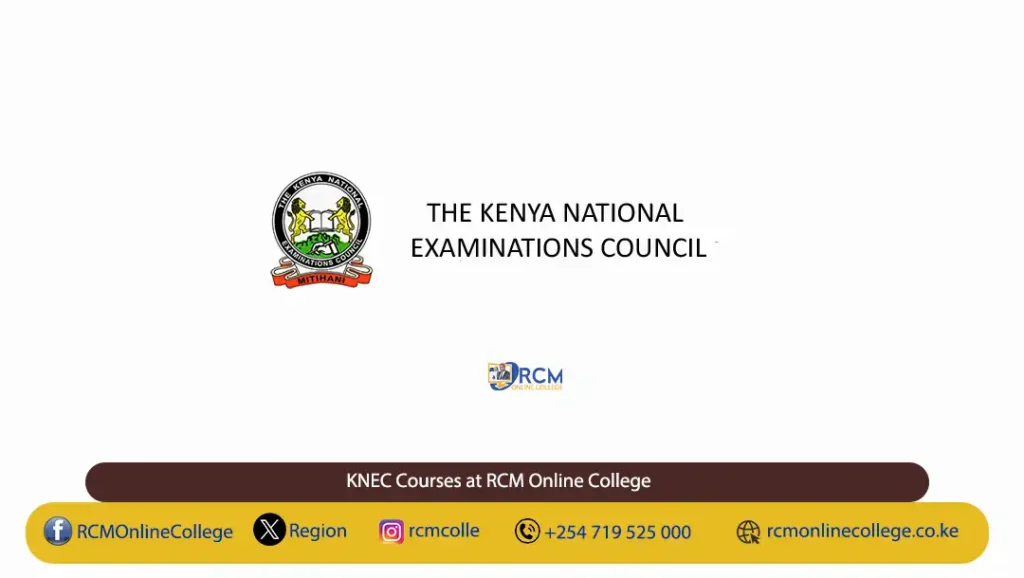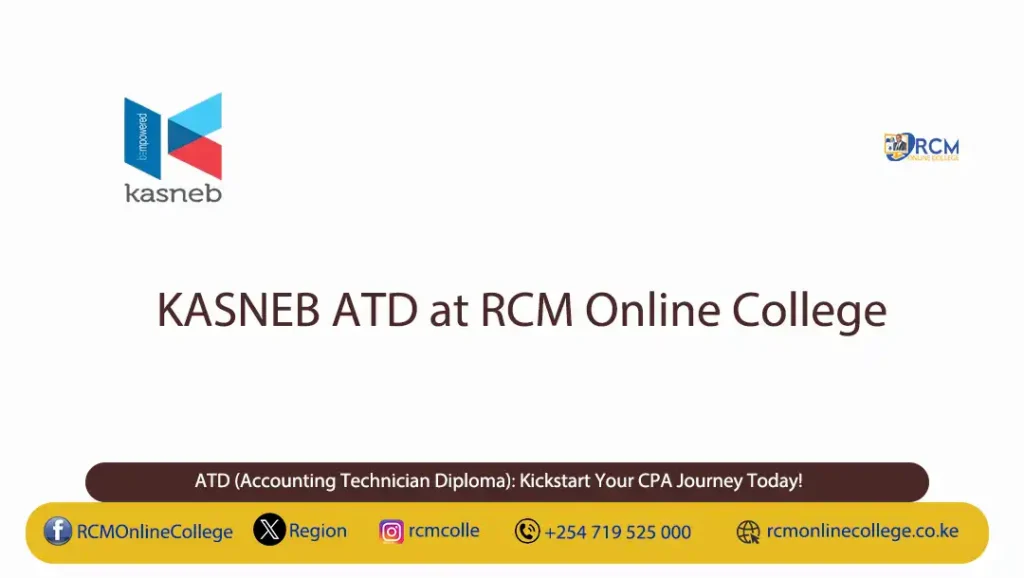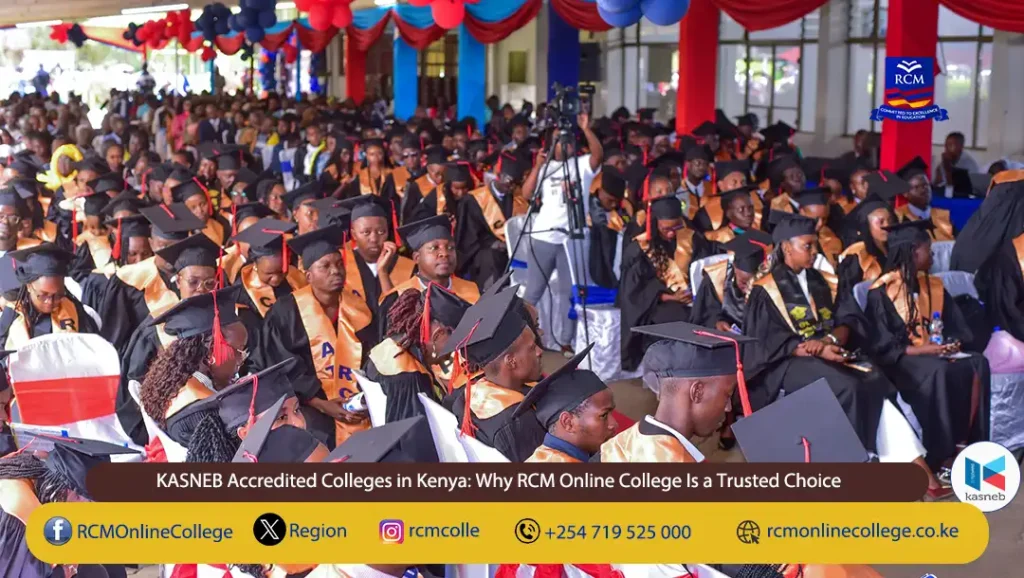The Impact of Artificial Intelligence on Accounting Profession

It is without question that artificial intelligence (AI) has transformed the roles and responsibilities of accounting professionals. The transformations present opportunities that accountants can leverage and challenges that may undermine their ability to build a progressive career in this field. ENROLL for CPA-BDA classes at RCM Online College TODAY!!
The Impact of AI on Accounting
-
Automation
AI and machine learning algorithms has led to the automation of repetitive and time-consuming accounting tasks such as data entry, transaction coding, and reconciliation. As a result, it reduces the need for manual intervention, allowing accountants to focus on more strategic activities. Also, unlike humans AI systems can analyze large datasets with high precision. Owing to AI’s ability to reduce the likelihood of human error in tasks like data analysis and financial reporting its increasingly replacing basic accounting roles. AI offers greater accuracy in financial statements and audits thus necessitating automation of routine accounting roles. Therefore, accountants can only thrive in this field if they can offer strategic skills giving them an upper hand over AI in the accounting field.
-
Cost Reduction and Improved Efficiency
AI has the potential for significant reduction in operational costs for accounting functions in an organization. The automation of routine accounting tasks leads to improved efficiency and significant cost reduction. As a result, firms are increasingly redirecting resources that were traditionally allocated to repetitive and time-consuming accounting to higher-value and strategic accounting activities. Therefore, to thrive in the accounting field, it is imperative for professionals in this field to position themselves strategically. In doing so, accounting professionals need to build skillset and acquisition of knowledge that allows them to participate in strategic decision making.
Business Data Analytics
Given that AI is taking over repetitive and time-consuming tasks it is critical for professionals in this field to develop new skills. Specifically, to remain competitive in the accounting profession it is necessary to acquire new skills particularly in data analysis and strategic advisory roles. This shift necessitates ongoing education and training for accountants.
Also, traditional accounting and business analytics are insufficient to meet current business needs. Modern data analytics offer businesses in-depth insight into their daily operations. Therefore, accountants need to upskill is by acquiring and sharpening their business data analytics (BDA) skills and knowledge. BDA equips accountants with an array of skills including:
- Fundamental aspects of big data and data analytics from the CRISP (cross- industry standard process for data mining) framework, data visualization and emerging issues.
- Application of data analytics in preparation of financial statements, financial statements analysis and forecasting, carrying out sensitivity/scenario analysis and presenting financial data and metrics using dashboards.
- The application of data analytics in financial management principles that include time value of money analysis, evaluate capital projects, carry out sensitivity/scenario analysis and present information using dash boards.
- Application of data analytics in management accounting to estimate product costs, breakeven analysis, budget preparation, sensitivity/scenario analysis and flexible budgets.
- Application of data analytics in auditing techniques including key financial trends, fraud detection, tests of control, model reviews and validation issues.
- Apply data analytics in estimating tax payable and in public sector financial management.
ENROLL for BDA at RCM Online College at pocket friendly rates. The college offers different study packages including:
- Live Zoom classes.
- Pre-recorded videos
- Special block revisions classes REACH OUT to the RCM Online College help desk for more information about the BDA classes.
Visit our website at https://rcmonlinecollege.co.ke/, email us at [email protected], call us at 0793555000/0719525000, or visit us at Stanbank House, 1st floor along Moi Avenue, Nairobi for clarification






Responses